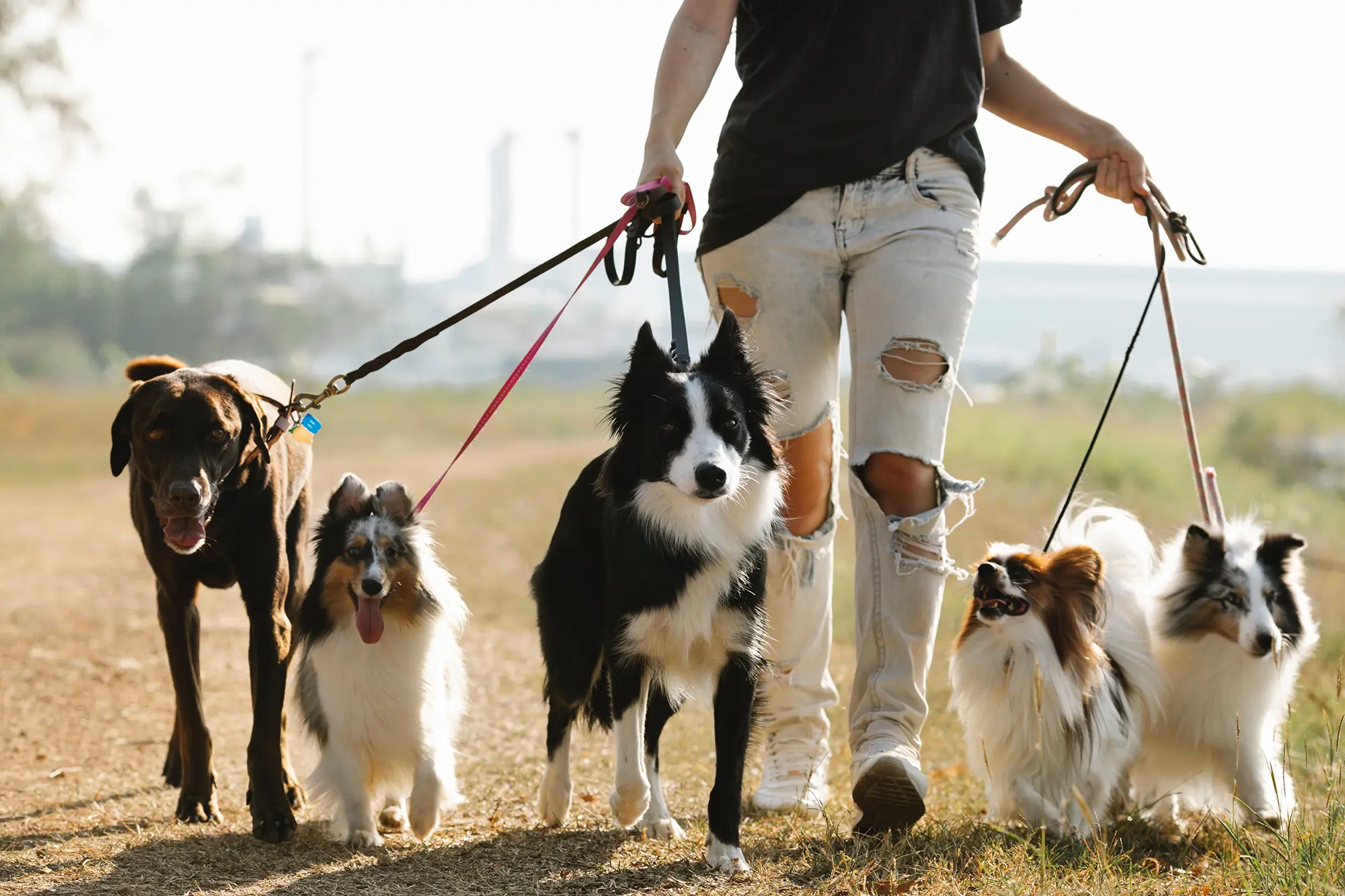ways to stop puppy biting
Author: PawPots Team
 07 May 2024
07 May 2024
 3 min
3 min Introducing a new puppy to your home brings delight and a bit of playful nibbling. Biting is a normal part of puppy development, but teaching proper manners early is crucial. While initially harmless, those little bites can become uncomfortable as they grow. Here, we dive into methods to help your puppy adopt softer behaviors and why bite inhibition training is vital.
Free Consultation With a Vet
Reasons Behind Puppy Biting
Biting is a natural exploratory behavior for puppies, akin to a human baby learning by touching.
The Discomfort of Teething
Around 12-16 weeks old, puppies start teething, which can cause gum discomfort and lead them to chew on various objects for relief.
Exploration Through Biting
Biting is how puppies familiarize themselves with their world, helping them gather sensory information from their environment.
Biting as Play
For puppies, nibbling is often playful behavior used to interact with their environment and express affection, a phase typically lasting until they are about 3-6 months old.
The Importance of Training Puppies to Inhibit Biting
It's essential to teach puppies to control the strength of their bites, which is particularly important in situations where they might feel threatened.
Healthy Meals For Your Puppy
How to Minimize Puppy Biting
Preventing your puppy from biting is as crucial as any basic obedience training and can be accomplished with gentle but firm methods.
Hitting is Off-Limits
It is imperative never to hit your puppy. If home training proves difficult, look into professional training options.
Implement Calm Timeouts
Using calm timeouts, such as placing them in a crate or leaving the room momentarily when they bite, teaches puppies that biting is unacceptable behavior.
Provide Appropriate Chew Items
Ensure your puppy has access to safe chew toys to satisfy their chewing needs harmlessly.
Encourage Positive Actions
Reward your puppy for non-aggressive play by using treats or affection, reinforcing good behavior.
Attend Puppy Training Classes
If you find puppy bite training challenging, consider enrolling your pet in a puppy class where experienced trainers can offer targeted instruction.
Mix with Socially Skilled Dogs
Spending time with socially skilled dogs can speed up your puppy’s learning process, helping them pick up on essential social cues.
Free Professional Assistance for Your Pet
Conclusion
Patience is essential when training your puppy to control biting. Consistent training efforts help establish desired behaviors, and it’s important to acknowledge even gradual progress. For further details on raising a new puppy, check out this helpful guide for new dog parents.

Give Back The Love
Show your love to your pets with our high-quality, delicious and healthy meals! Show your love to your pets with our high-
quality, delicious and
healthy meals!




